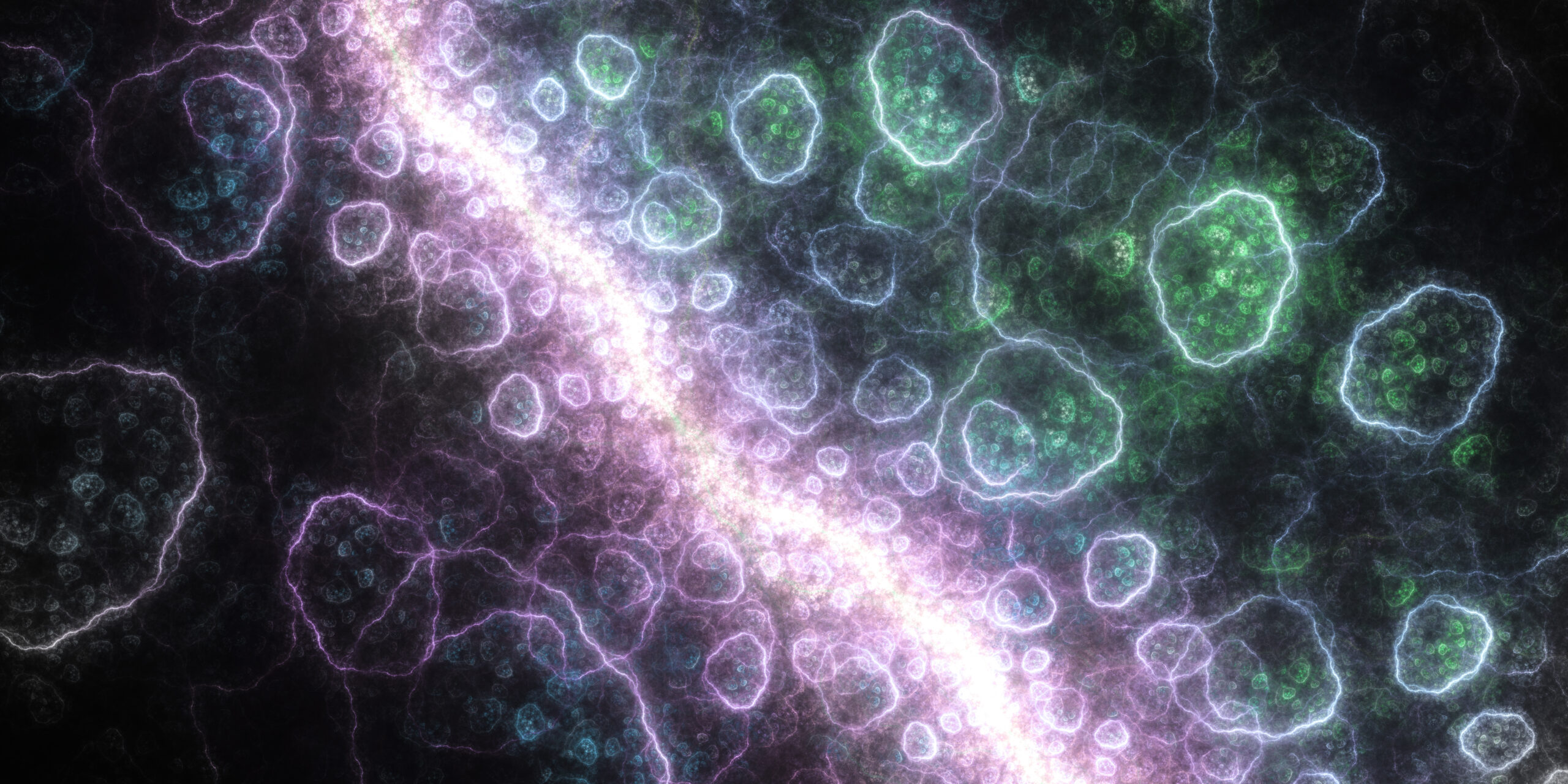Let’s start with a definition: emergent phenomena are phenomena which feature collective behaviors or properties that cannot be observed by looking at their individual parts.[1][2] Only by looking at the whole entity, you can understand what is going on, and explain its complexity.

Emergence is intriguing stuff, right? Now, let’s look at some examples, and then see how we might be able to relate emergent phenomena and gravity. Spoiler alert: we’ll seriously twist things up later on.
Some examples of emergent phenomena
Emergent phenomena are of interest in many fields of scientific study. Such research fields include biology, physics, chemistry, philosophy[3] and social sciences. For example, an aspect of social science: groups of people can show collective behavior that individuals cannot show on their own. However, for the purpose of this article we’ll focus on emergent phenomena in nature and physics. Nature is filled with such phenomena, and some frequently used examples are:[4]
- The flocking behavior of birds is an emergent phenomenon
- Ants or termites forming colonies
- Sand dunes
- Hurricanes and other weather phenomena, and how these develop
Emergence of intelligence and life itself
More controversial are attempts to describe and/or understand intelligence[5][6] and (the origin of) life[7][8] as emergent properties. A human being consists of various individual parts (such as neurons, or even simply atoms). These parts are individually not “alive” and don’t show any intelligence. However, when looking at the whole entity, a human being can be alive, conscious and show intelligence.
That is seriously fascinating but the exact details of how intelligence/consciousness works or how life appeared on Earth are, for the most part, still a mystery to science. Therefore, the jury is still out on whether these can be explained as emergent phenomena.

Is gravity an emergent phenomenon? Entropic gravity?
There has been quite a bit of discussion about proposed physics theories describing gravity as an emergent phenomenon (emergent gravity). The main example is Erik Verlinde’s suggestion that gravity is an entropic force, and that this theory is an alternative to dark matter. This entropic gravity theory also attempts to explain dark energy.[9][10] Other researchers have subsequently challenged these entropic gravity ideas.[11][12][13] We won’t try to settle the emergent gravity debate, and we don’t want to go into discussions on the very definition of emergence in physics either.[14] What we’d also like to avoid is a somewhat philosophical discussion regarding whether in essence everything that we observe is emergent.[15][16]
We are not saying that such discussions are not interesting, but we have a different goal in mind. So, let’s get on with it!

Gravity and emergent phenomena: let’s indulge
We’d like to use the idea of emergence as a tool to come up with creative ideas to potentially beat the force of gravity. For example, something that would allow us to fly up into space using a different method than using giant fuel-devouring rockets. As crazy as this may sound, we believe there is no harm in giving it a go.
So, how can we use the concept of emergent phenomena to come up with gravity-beating ideas?
